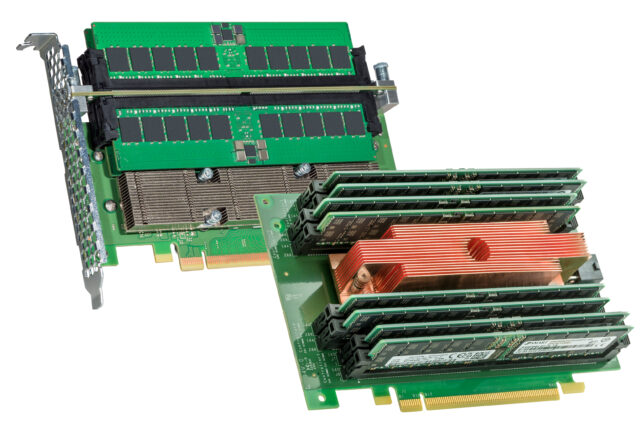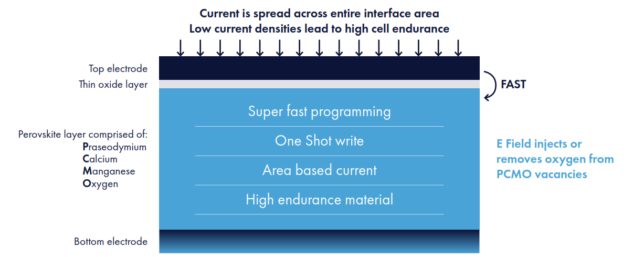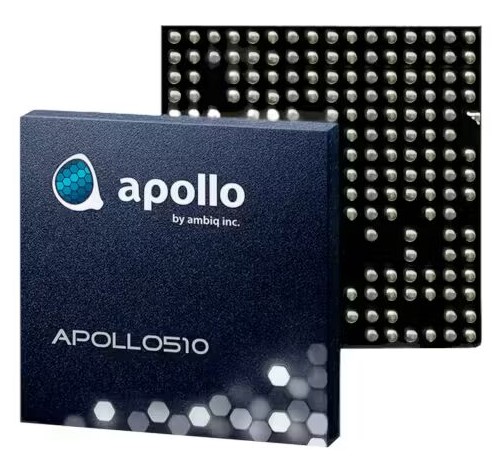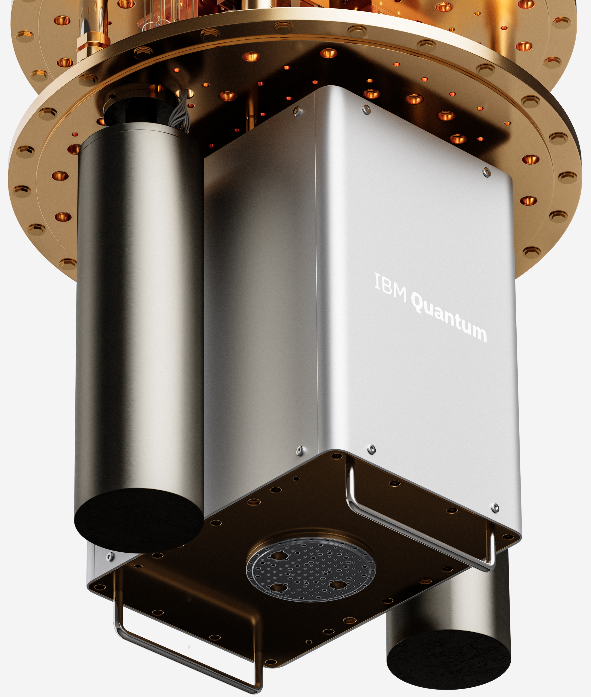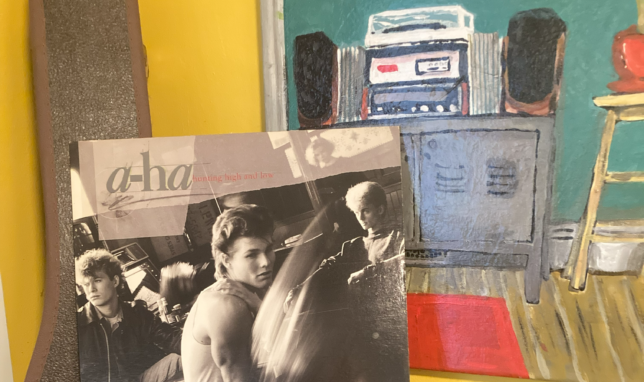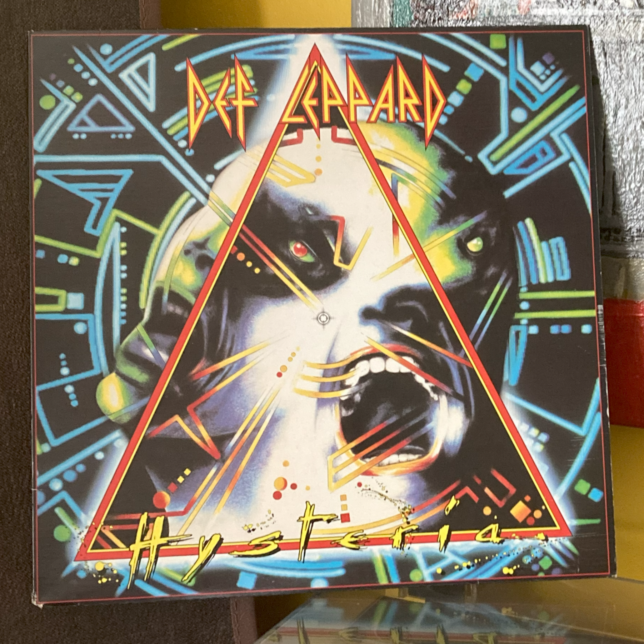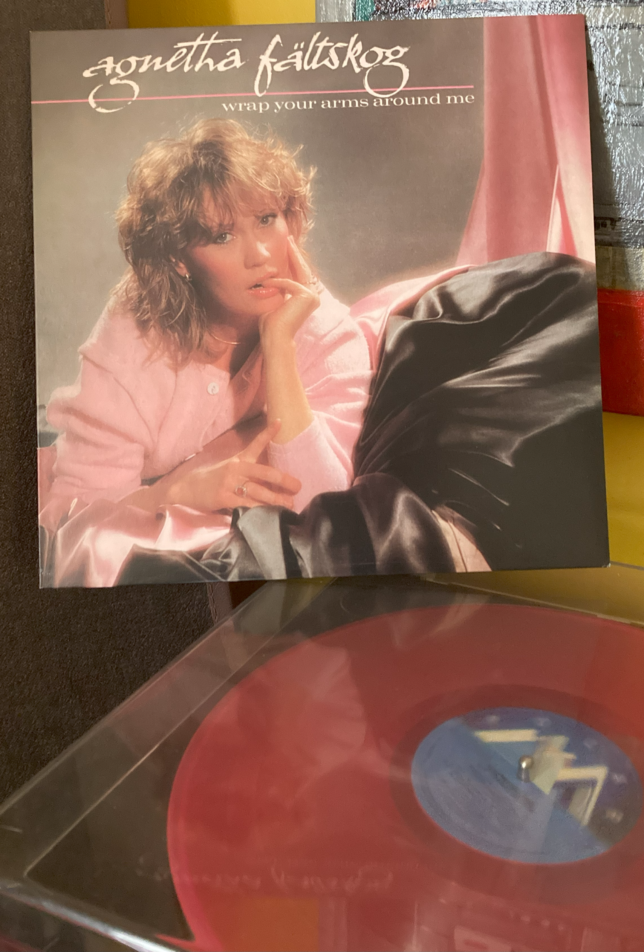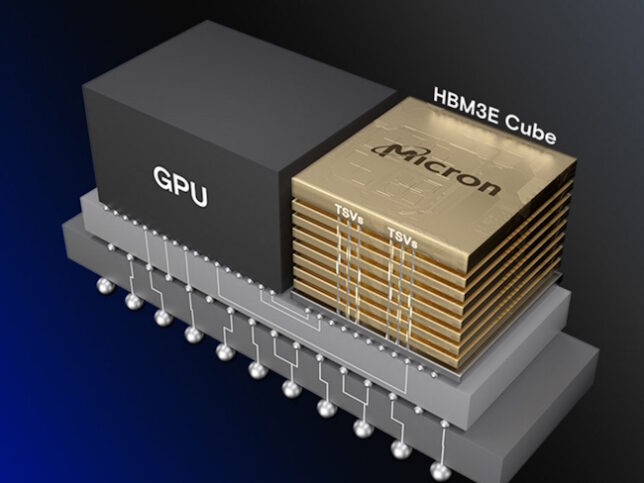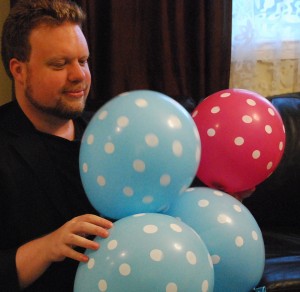 I read, write and dance, but not necessarily in that order. I spend most of my time creating.
I read, write and dance, but not necessarily in that order. I spend most of my time creating.
I write. A lot. In many formats. As a freelance writer, I take complex technology / B2B concepts and translate them into plain language with flair and creativity built on a foundation of journalism, out-of-this-world imagination, and a dash of project management.
Many of my articles have my byline, but often my freelance writing is producing ghost written articles for clients around a wide range of technology topics.
I like to eat, so I find it helps to enjoy cooking. I’m not a gourmet chef, but I will knock your socks off with a slow cooker or casserole recipe. I generally follow a Paleo diet.
My interest in writing about technology stems from a love of science fiction since childhood, but I enjoy other genres including fantasy, mystery and thrillers. I also read a lot of comic books.
Rehearsing and performing this fox trot is one of the best experiences of my life.
Here I showcase my work as a freelance writer and blog a little about everything and anything, including recipes, books I’ve read, Lego construction, comic books and the odd rant about something or other. I am an amateur photographer and aspiring author.
If you are looking for a freelance writer with a lot of experience writing about information technology, cybersecurity, and semiconductors, please e-mail me.

